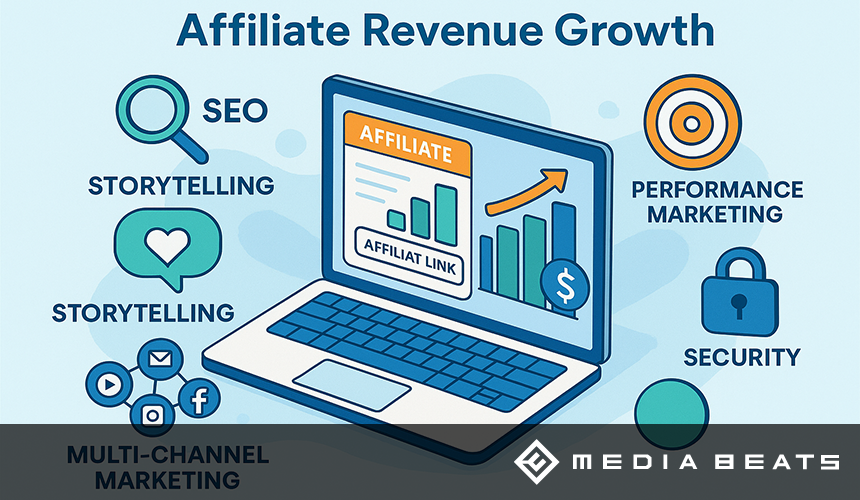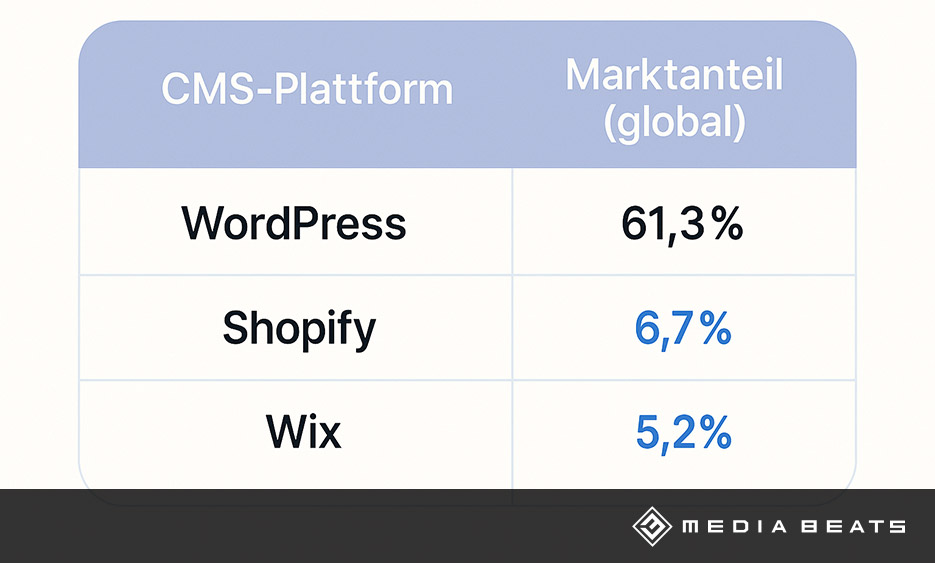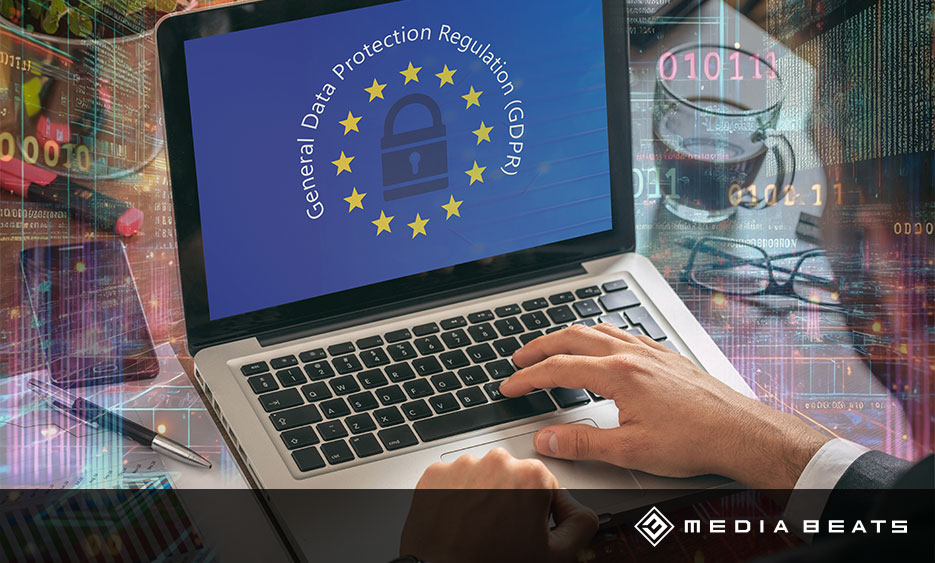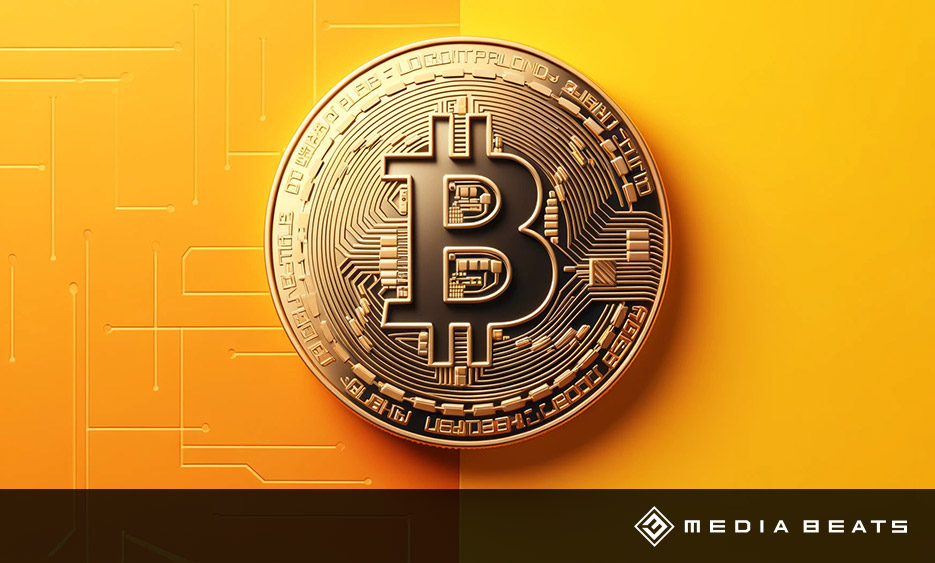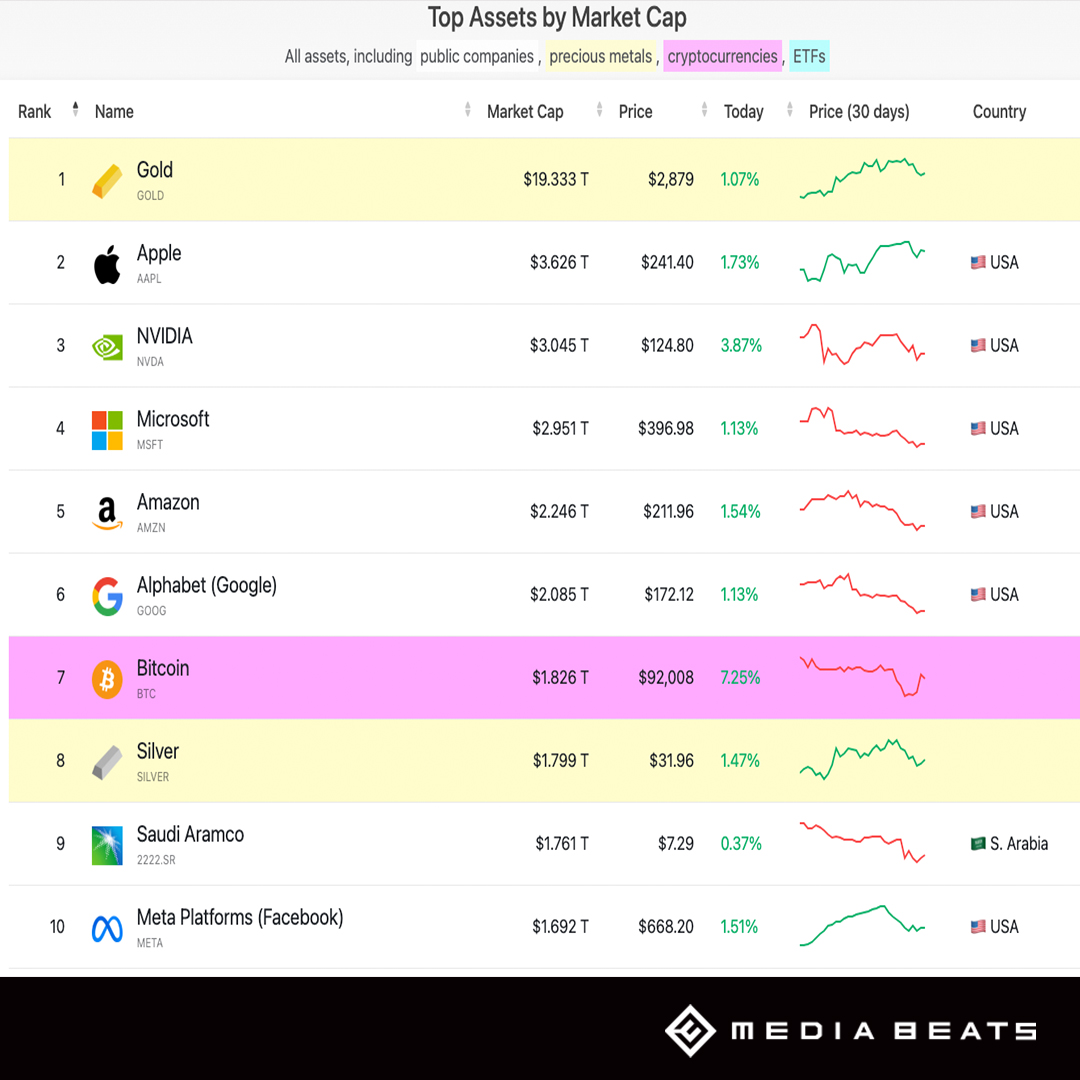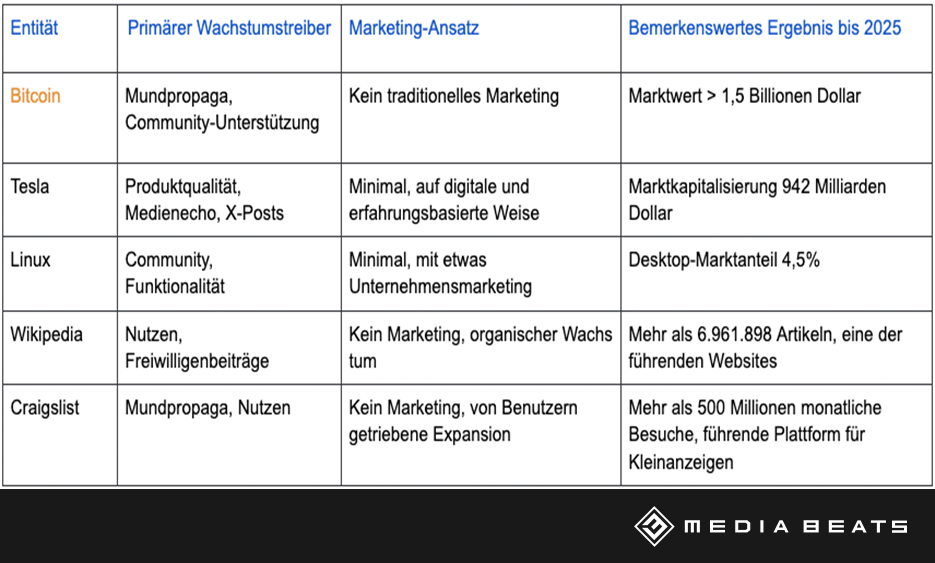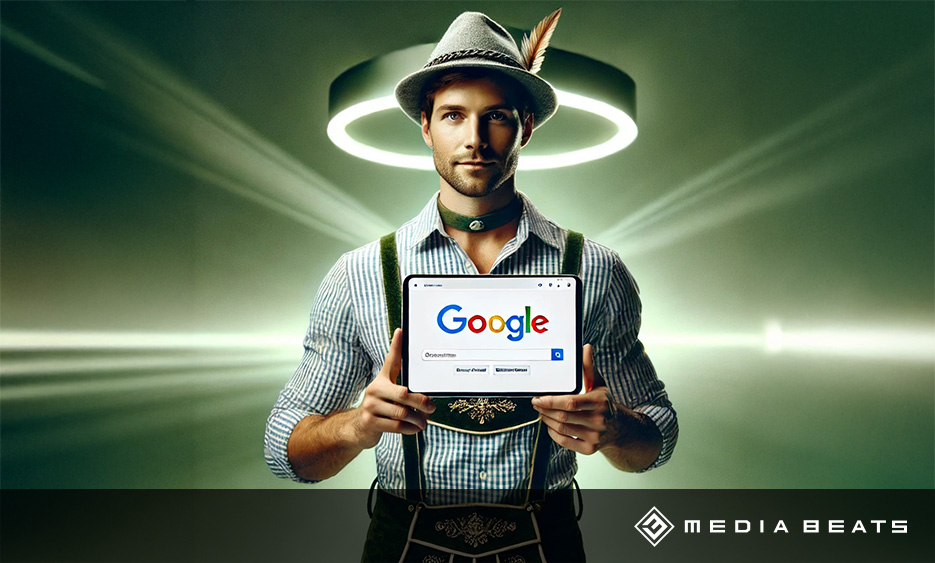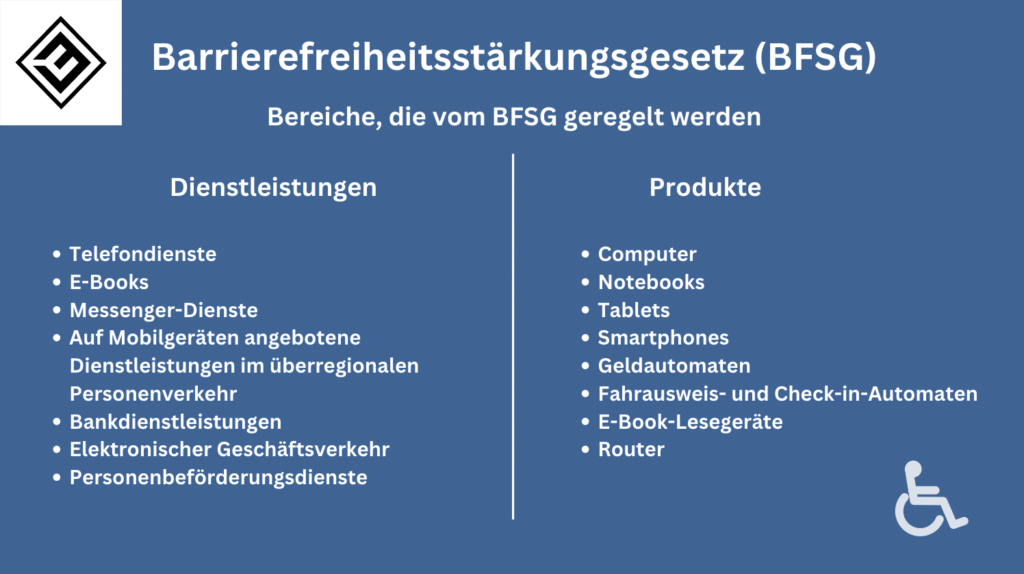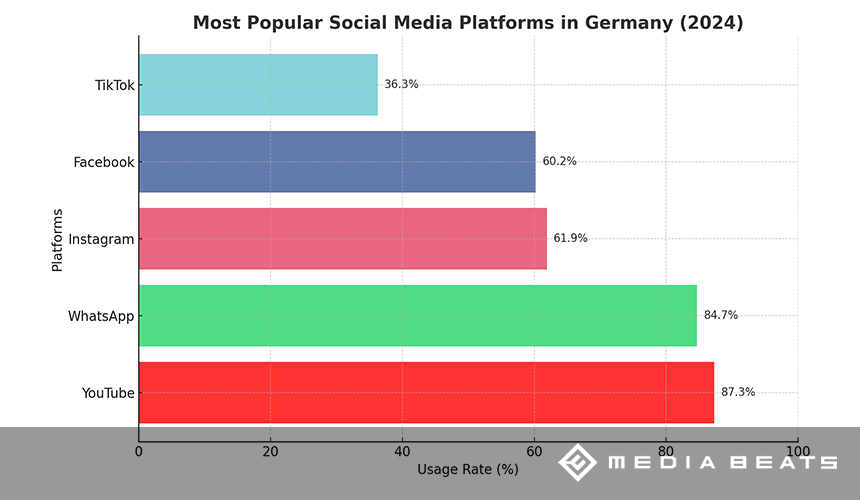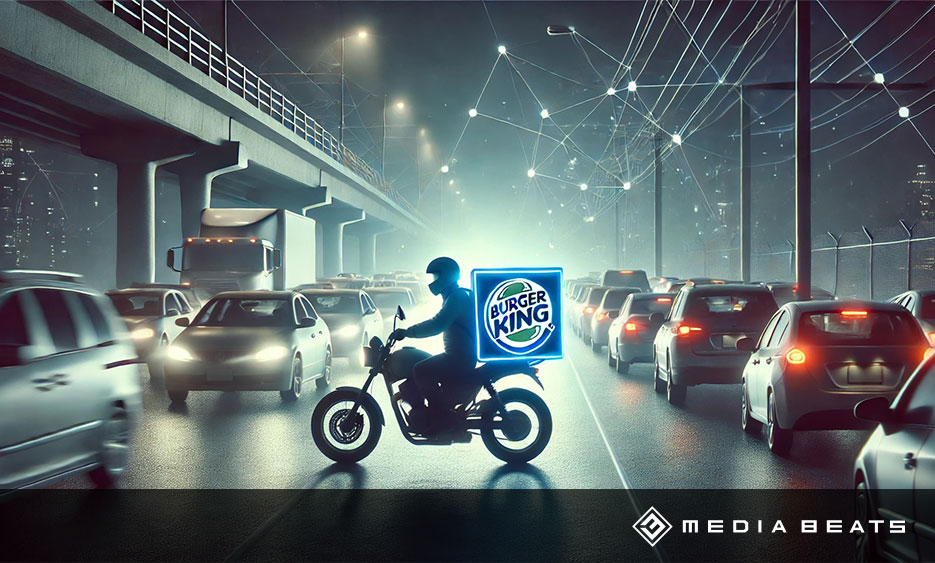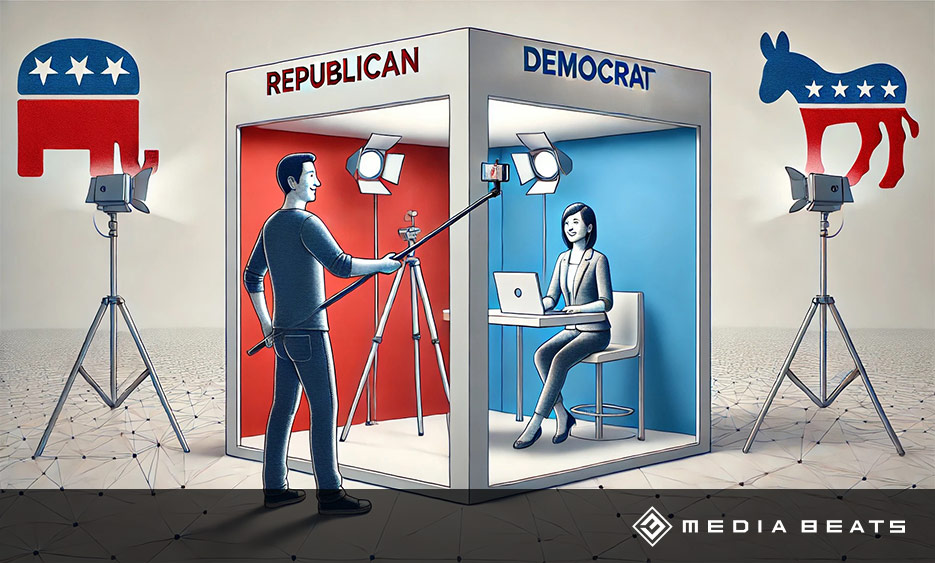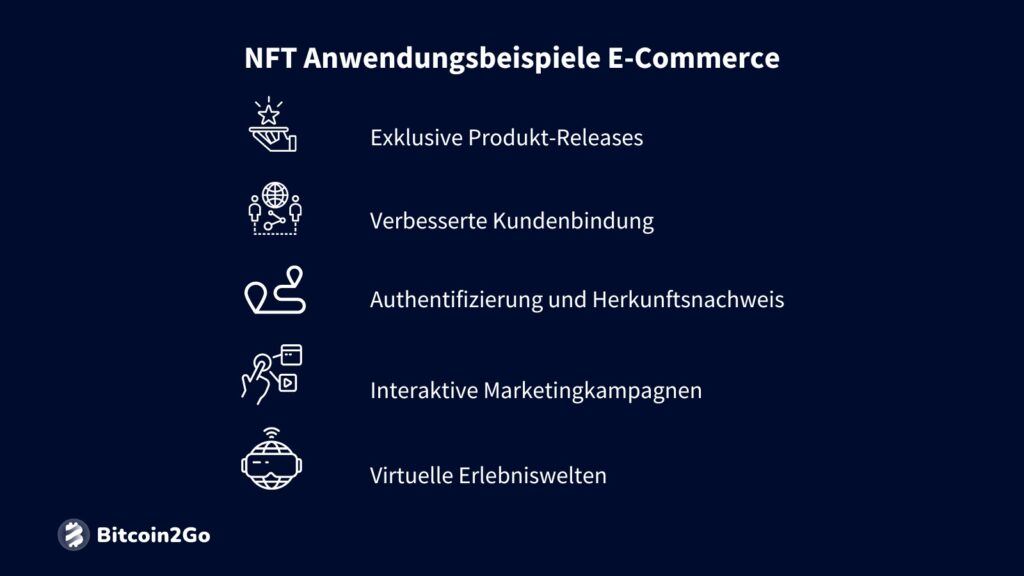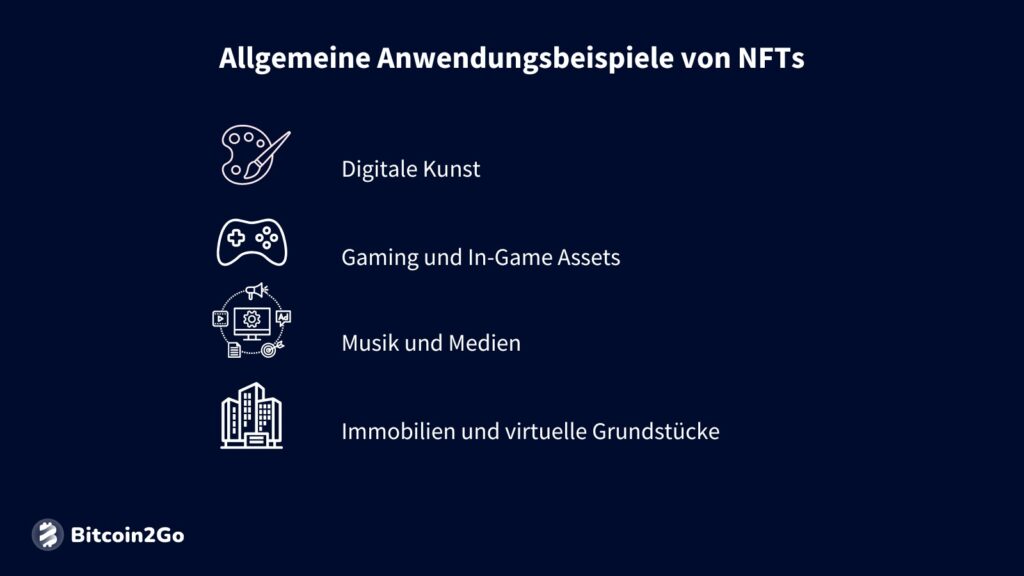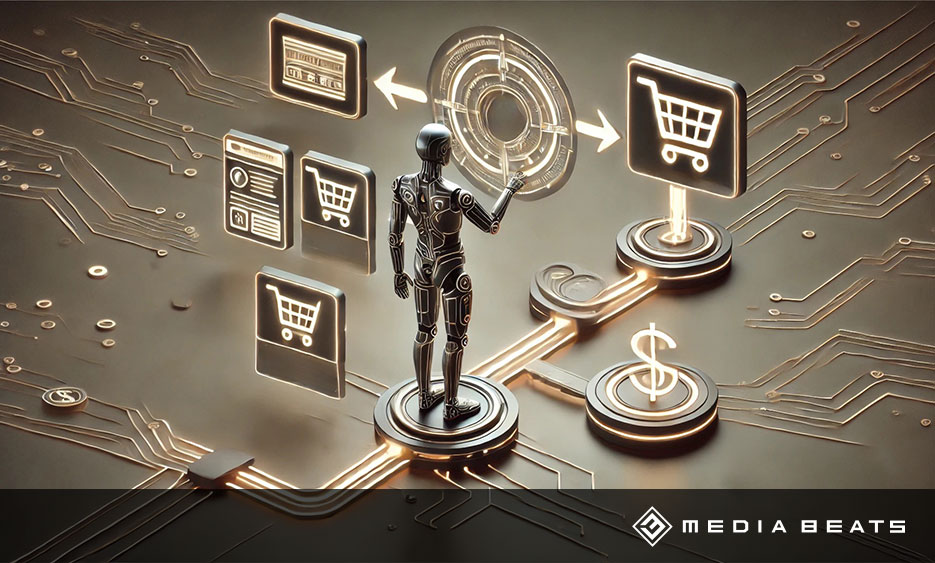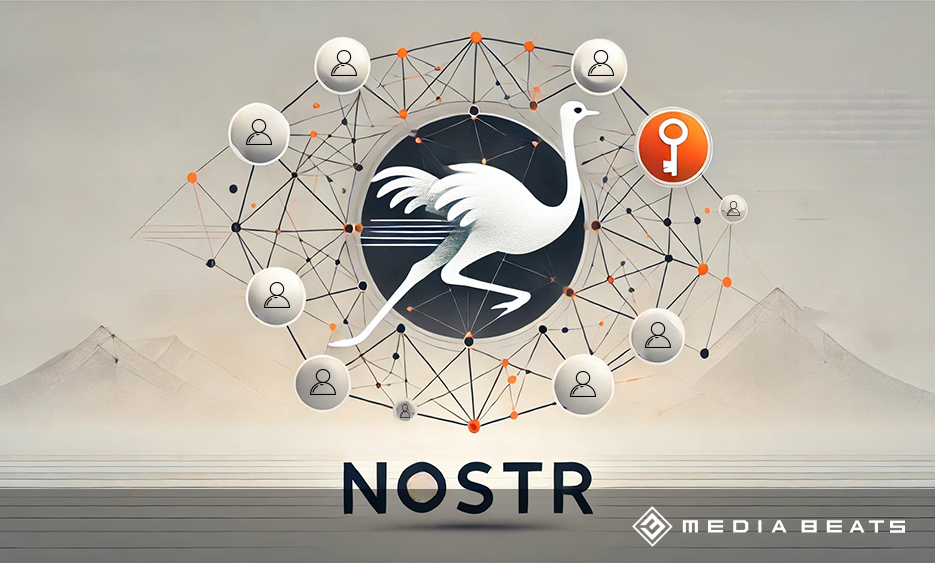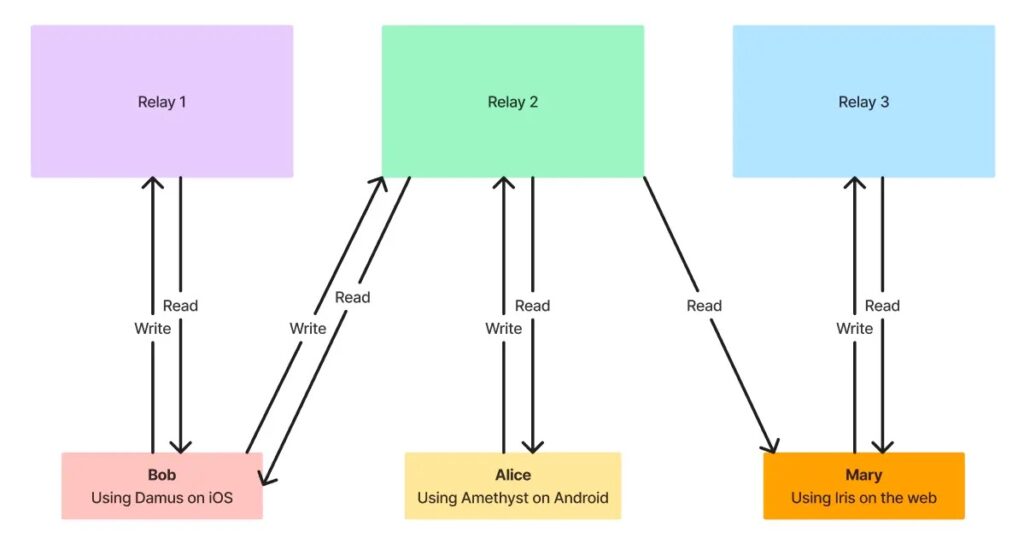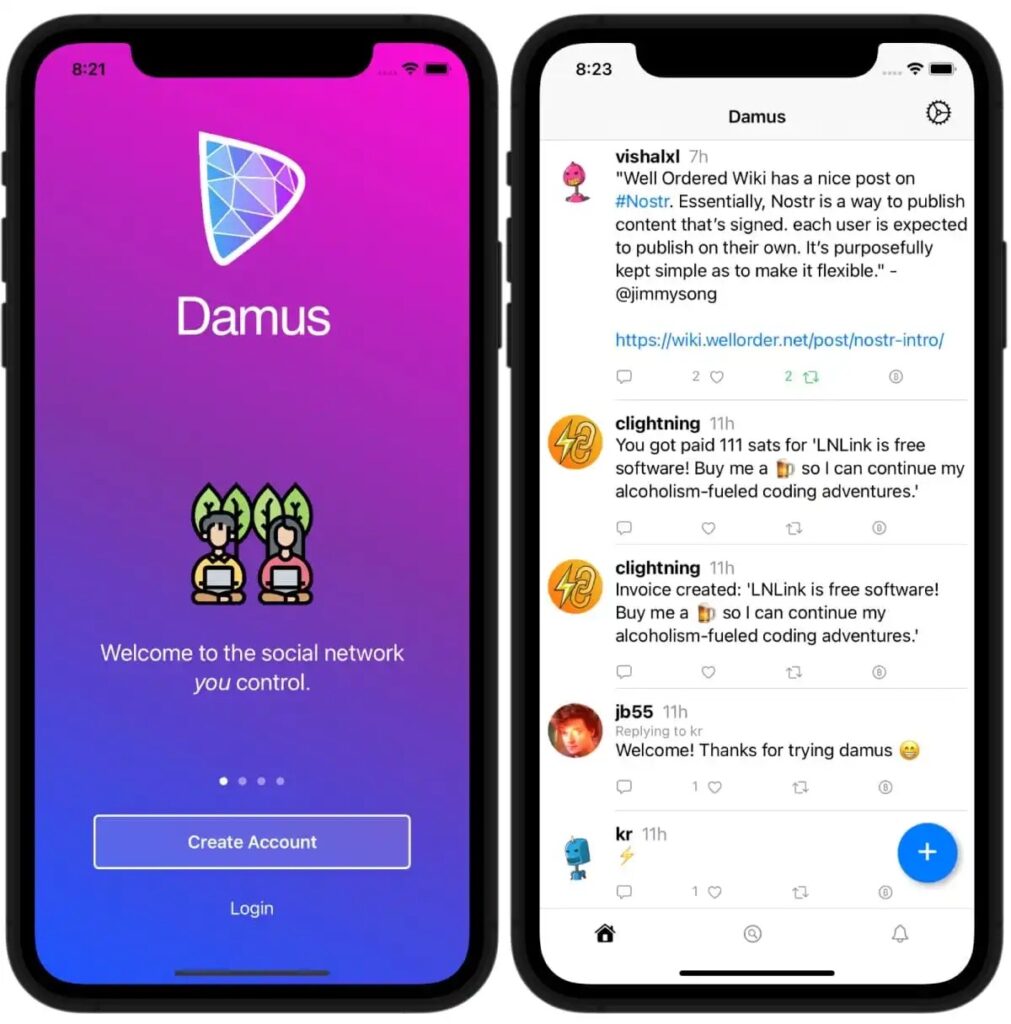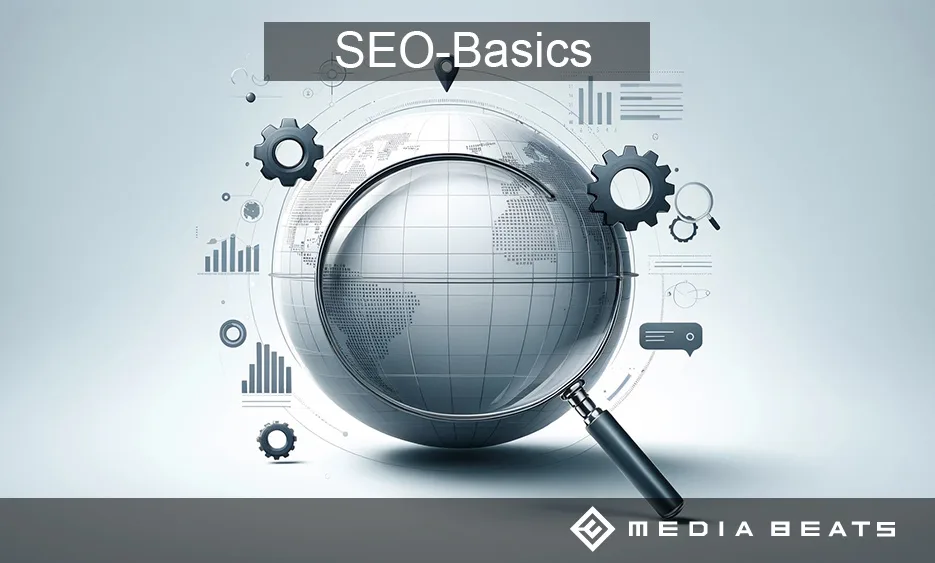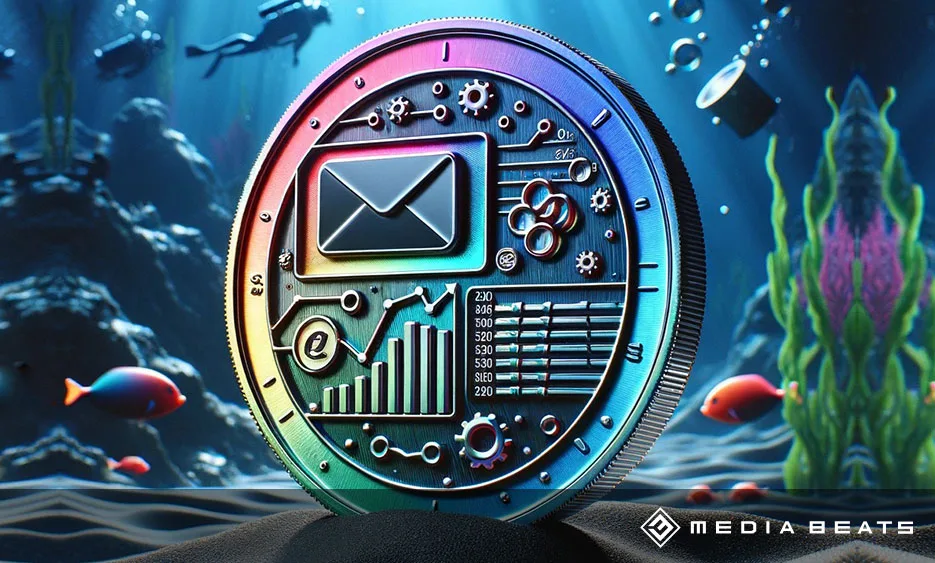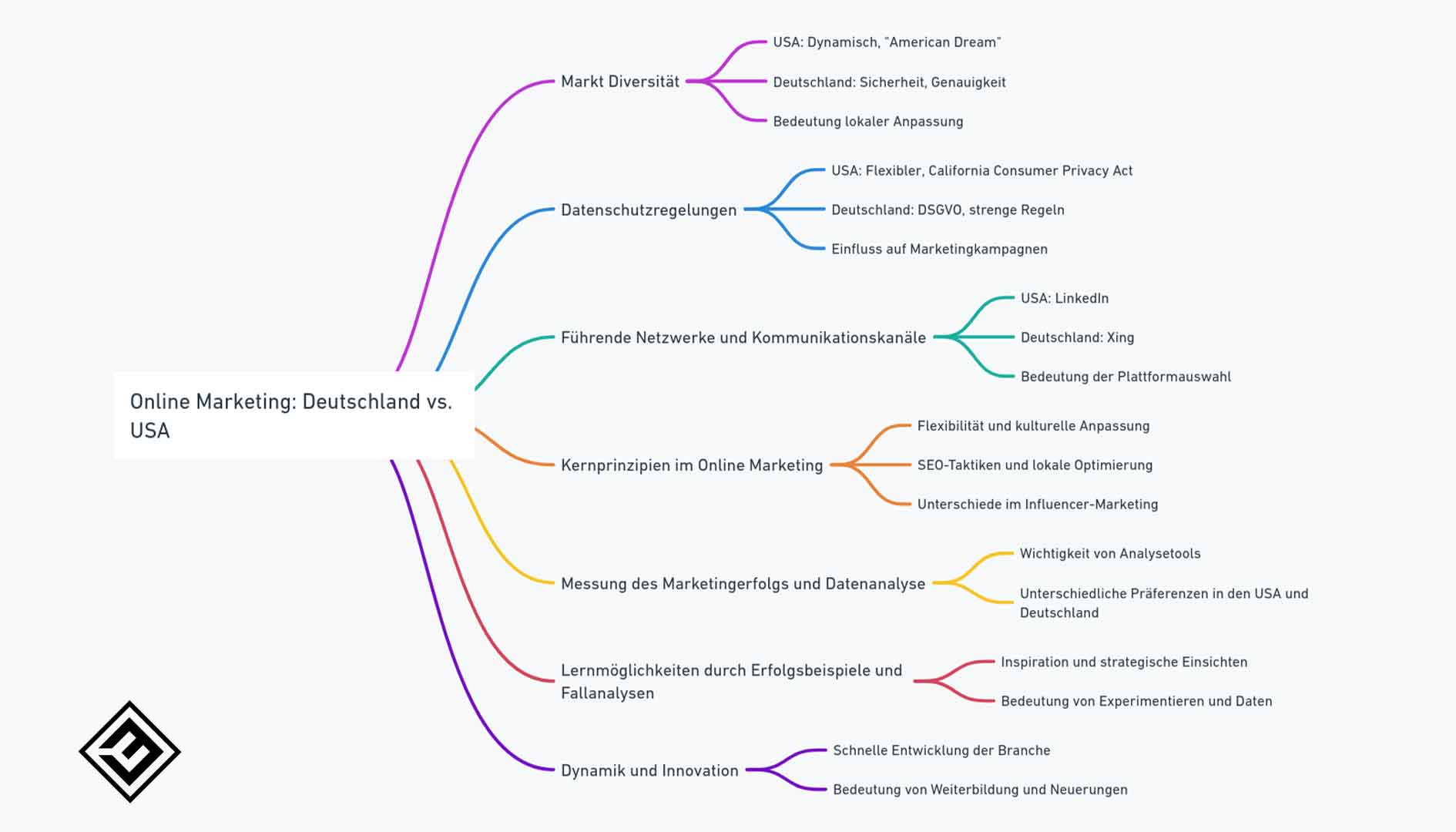
LinkedIn Cheat Sheet: Increase your reach and interactions
LinkedIn is one of the most important platforms for professional networking and online marketing. Companies and freelancers should use LinkedIn strategically to increase their visibility and attract potential customers.
This article provides practical tips and best practices—from optimal posting times to content formats. Elevate your LinkedIn performance to the next level. Use these insights to efficiently design your social media strategy.
Why is a LinkedIn strategy so important for your online marketing?
A well-thought-out LinkedIn strategy strengthens your brand presence and supports email marketing as well as performance campaigns. It generates qualified leads. LinkedIn enables targeted B2B communication with decision-makers and delivers your content directly to your target audience. Regular and strategically placed posts organically increase your reach and improve interaction rates.
How often should you post on LinkedIn? The optimal posting frequency
Why is regularity more important than quantity?
The ideal posting frequency is 2 to 5 posts per week. Publish no more than once daily, but at least twice a week. This balance ensures consistent visibility without overwhelming your followers. Above all, regularity is crucial, as LinkedIn rewards continuity with increased reach.
When is the best time for LinkedIn posts?
Which time slots ensure maximum visibility?
- 08:00 to 10:00 a.m.
- 12:00 to 14:00
- 17:00 to 19:00
On which days is it particularly worthwhile?
Tuesday to Thursday statistically achieve the best results in reach and engagement. Although reach usually decreases on weekends, interaction often increases, for example through comments or shares.
Can different posting times improve performance?
Vary your posting times strategically to achieve 15 to 30 percent more engagement. It is important to encourage interactions within the first 60 to 120 minutes, as this period determines the success of your post for the algorithm.
Which LinkedIn formats achieve the best reach?
Which formats work particularly well?
- Surveys reach about 1.44 times more reach than the average.
- Document posts increase visibility by approximately 1.30 times.
- Text-image posts achieve roughly 1.15 times more reach.
- Native videos generate around 1.49 times more reach, although the effect has weakened somewhat since the removal of the video feed.
Which formats should be avoided?
- Text-only posts reach about 0.96 times the average reach.
- Link posts perform about 0.64 times worse.
- Articles achieve only around 0.48 times the average reach.
Which interactions are particularly valuable?
Likes have little impact on reach. Clicks on “See More” increase visibility more significantly. Sharing with a comment doubles to quadruples the effect. Direct sharing and saving have even more lasting impact. However, comments are the most important, as they increase reach the most. Therefore, encourage discussions and respond quickly to comments. This can boost your reach by up to 30 percent.
How should links be included in LinkedIn posts?
External links in posts reduce reach by approximately 36%. Therefore, it is advisable to use links sparingly and strategically.
Which link formats work best?
- Link posts with previews bring medium reach and conversion.
- Subsequently inserted links achieve a good reach with moderate conversion.
- Links in comments also work well.
- “Link comes by DM” is an effective alternative.
- “Go to website” button offers good reach, but slightly less conversion.
If a link is absolutely necessary, pair it with a strong visual creative and place the link prominently within the text.
How many hashtags should you use on LinkedIn?
Hashtags now have little influence on reach. Average posts use about 2.2 hashtags. Top posts in the best 5% use on average even fewer than one hashtag (0.9). Therefore, use hashtags sparingly and only when relevant.
How does correct tagging on LinkedIn work?
Targeted tagging of relevant people increases reach. If the tagged person responds, the reach increases by 1.8 times. Caution: More than 10 tags have a negative effect, 1 to 5 tags are neutral.
Which top recommendations should you consider for your LinkedIn posts?
-
- 1. Comment discussions (nested comments) have the greatest impact on your reach.
- 2. Share the post again after 6–8 hours to reach new audiences (this does not count as a new post).
- 3. Do not edit more than 5% of the post afterward to avoid losing reach.
- 4. Respond to comments promptly to increase your reach by up to 30%.
- 5. Engage with other accounts before and after posting.
- 6. A high dwell time on your post leads to greater reach.
- 7. Selfies, infographics, and flowcharts achieve especially good results.
- 8. Use vertical format (9:16) for videos with a maximum length of 60 seconds.
- 9. Comments on posts by high-reach creators are a secret weapon for boosting reach.
- 10. The hook is the most important element in texts and videos—practice creating strong hooks.
Conclusion
Use LinkedIn effectively in online marketing with a well-thought-out posting strategy. Pay attention to a balanced posting frequency, proper timing, and suitable content formats. Actively encourage interactions and strategically use links, hashtags, and tags. This creates sustainable reach and strengthens your brand.
Now it’s your turn: Review your LinkedIn strategy with these cheat sheet tips. Leverage our expertise in online marketing, email marketing, and performance marketing. This will help you professionalize your social media activities and measurably increase your success. Contact us for a personal consultation!




